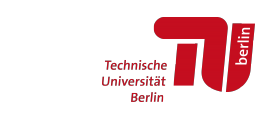WP2 Food waste valorisation
The main aim of WP2 is to convert food waste into high value products. Acid fermentation in plug-flow reactors is used to implement an economical feasible method to use food waste as feedstock for bioprocesses. First, we collect and characterize the waste material from different canteens, which are delivered from the project partners.




